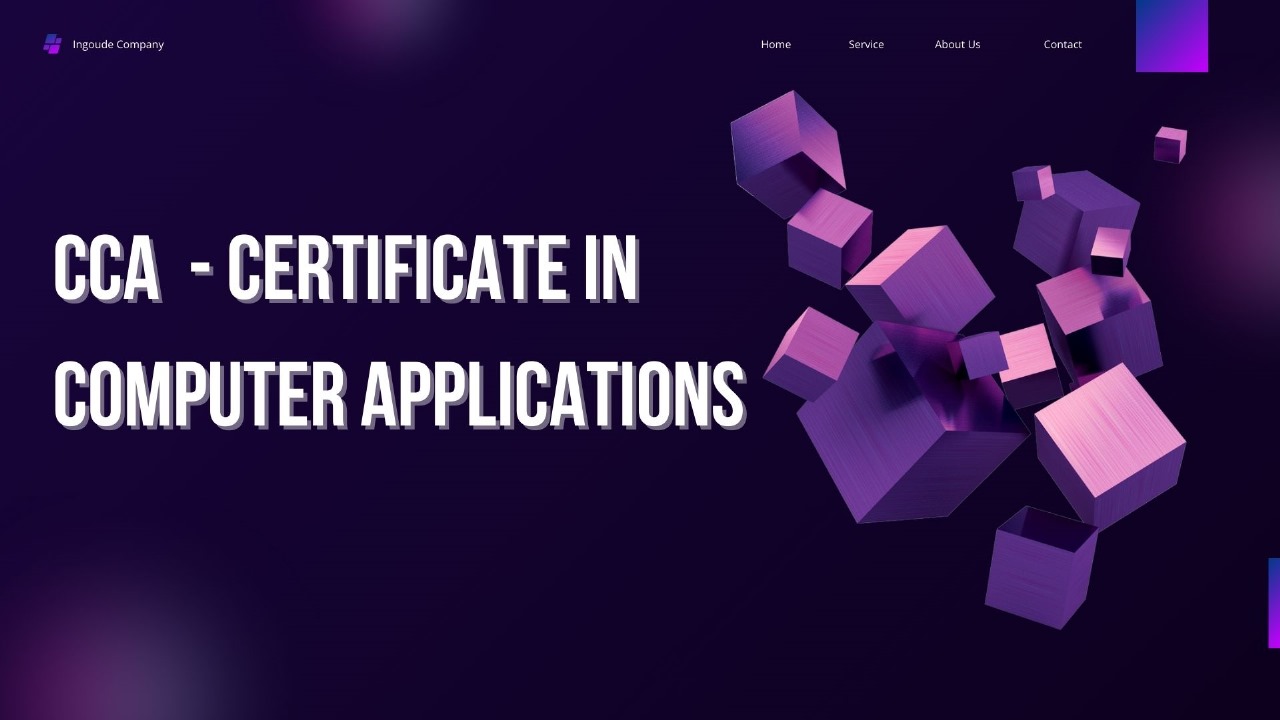The Double-Edged Sword of Social Media
Social media is a huge part of teen life today. Platforms like Instagram, TikTok, Snapchat, and Twitter shape how teens connect, express themselves, and see the world. While social media has its perks, it also poses risks to mental health. It can foster connection and creativity, but it can also cause stress, anxiety, and self-doubt. This article explores how social media impacts teen mental health, both positively and negatively.
Positive Effects of Social Media on Teenagers
Facilitating Social Connection and Belonging
Social media helps teens stay connected with friends. They can share updates and join communities where they feel understood. For teens in remote areas or with social challenges, these platforms offer a sense of belonging.
Support for Mental Health Awareness
Social media is also a tool for mental health education. Teens can find information about mental health issues, coping strategies, and resources. Platforms like TikTok and Twitter have mental health advocates who share personal stories and advice, reducing stigma and opening up conversations.
Promoting Creativity and Self-Expression
Teens use social media to express creativity. They can share art, music, and fashion on platforms like Instagram and TikTok. This helps them experiment with their identities, gain confidence, and receive feedback from others. Many teens feel proud when they showcase their talents online.
Educational and Informative Content
Social media can be a valuable learning tool. Teens can follow accounts that provide study tips, life skills, and awareness about social issues. Many influencers and educators use platforms like YouTube to share useful content, helping teens expand their knowledge.
Negative Effects of Social Media on Teenagers’ Mental Health
The Pressure of Comparison and Unrealistic Standards
Social media often promotes unrealistic beauty and lifestyle standards. Teens see curated images and compare them to their own lives. This can lead to feelings of inadequacy, poor body image, and low self-esteem. Instagram, in particular, emphasizes perfect visuals that can distort reality.
Cyberbullying: A Silent Epidemic
Cyberbullying is a major issue. The anonymity of social media allows bullies to target others easily. Unlike traditional bullying, cyberbullying continues 24/7. The effects can be devastating, leading to anxiety, depression, and even suicidal thoughts.
Addiction and Mental Fatigue
The constant stream of posts and notifications can overwhelm teens. They may scroll for hours, losing track of time. This can affect their sleep, schoolwork, and social life. Excessive use of social media can lead to mental fatigue and even addiction.
Sleep Disruption and its Impact on Mental Health
Using social media late at night can disrupt sleep. The blue light from screens interferes with sleep patterns, making it harder to fall asleep. Poor sleep can lead to fatigue, irritability, and a lack of focus the next day. Chronic sleep deprivation can worsen anxiety and depression.
Strategies for Healthy Social Media Use
Setting Time Limits
Teens should set boundaries on screen time. Parents can help by encouraging social media breaks during meals and before bed. This helps promote a healthy balance.
Encouraging Critical Thinking
Teens need to think critically about what they see online. Parents and educators can help them understand that social media often presents a curated, idealized version of life. Teens should learn that self-worth is not based on likes or followers.
Promoting Positive Online Communities
Teens should follow accounts that promote mental health and body positivity. Engaging with supportive content can help build resilience and a healthier online environment.
Modeling Healthy Social Media Habits
Parents can set an example by using social media responsibly. Taking breaks from screens, limiting exposure to negativity, and prioritizing face-to-face interactions can help teens develop healthy habits.
A Balanced Approach to Social Media
Social media is both a tool for connection and a potential source of stress. To protect teen mental health, it’s essential to find a balance. Encouraging positive use, setting limits, and fostering open conversations about mental health can help. With the right approach, social media can enhance teens’ lives without harming their well-being.
Also Read
- ► How Denim Tears Hoodie Is Changing Casual Fashion Forever
- ► What Can Go Wrong if You Skip Flowmeter Calibration?
- ► How Athe Assignment Help Ensures Success in Your Academic Journey
- ► REAL ESTATE IN PAKISTAN
- ► How Adwysd Reflects in Modern Streetwear
- ►
- ► The Power of Two Worlds: UK CRTZ and Travis Scott
- ► Sri Lanka Business Visa: A Comprehensive Guide
- ► Cash for Scrap Cars: A Quick and Easy Solution in Sydney
- ► Car Buyer: Why Selling Your Car for Cash Is a Smart Choice
- ► How to Handle Car Brake Problems Safely
- ► 10 Smart Reasons Why You Should Buy a Second Hand Car
- ► How to Build a Successful Vendor Onboarding Process
- ► How to Safely Dispose of Your Car’s Old Oil
- ► The Importance of Tire Rotation and Proper Inflation





